The most important gravel race bans aero bars
After the controversy about the use of handlebar extensions, the Unbound, which is probably the most relevant race of the specialty, has decided to veto their use for the 2023 edition that will take place next June 3rd. To favor safety in a race where the average speed is high and many sections of the race are ridden in large groups is behind this prohibition that many voices had already been calling for.
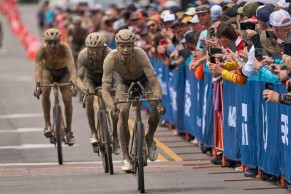
Unbound Gravel puts an end to the use of handlebar extensions
Gravel competitions are becoming more and more similar to road races, especially if we take into account the very high speed at which they are held, as we saw during the first World Championship of the specialty a few months ago, which was followed live on television.
In races where you often ride in tight groups, the use of handlebar extensions has often been the cause of serious crashes as your hands are far away from the brakes when they are used.
RECOMENDADO
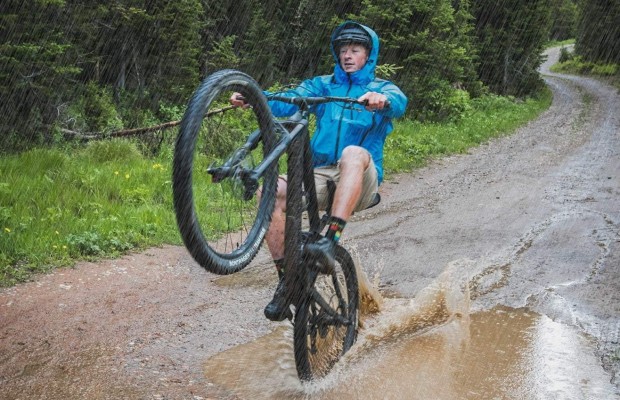
Tips for cycling in the rain

25 cycling gifts ideas to get it right

When do helmets have to be changed? Do they have an expiration date?

The best apps for cycling and mountain biking
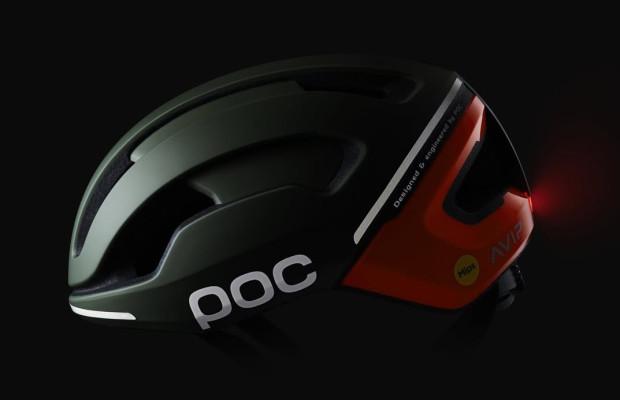
Black Friday 2025 cycling bargains: save on Garmin, POC, Maxxis and more
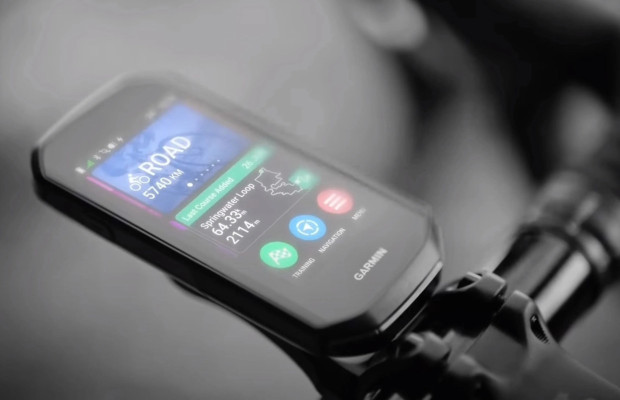
Black Friday Garmin 2025: the ultimate guide to choosing your GPS at the best price

Already in the previous days to the 2022 edition, the issue of the use of aero bars on gravel bikes was on the table and now, the organization takes a decision in time about an issue that created a fierce controversy between its supporters and detractors.
The use of handlebar extensions is very popular in the ultradistance world where riders often pedal for hours alone, providing an important aerodynamic gain. Identical reason why they started to be used in the first gravel competitions, events often over 300 kilometers.
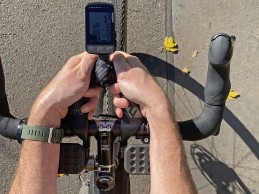
However, the paradigm of these races has changed with the evolution of their level. Nowadays they are tremendously fast races with many high-level cyclists who sometimes intermingle with others with less technical ability and physique who manage to hold on to the large pelotons that form, especially in the initial part of the races.
Although the bars place the rider in an aerodynamic position that greatly improves performance, it is also true that it is a position in which the rider has much less control of the bike, being more exposed to the wind and seeing the ability to control the bike reduced, especially if we take into account the accumulated fatigue during these long-distance challenges. In fact, in the world of road racing, some riders such as Tom Pidcock have even pointed to the inherent danger of time trial bikes.
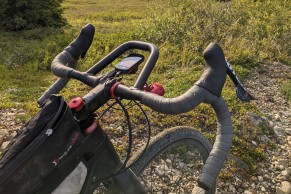
In any case, the ban on the use of extensions only affects Elite riders, who in most cases have understood and willingly accepted the decision, even by those who used to use them regularly.
Apart from the ban on handlebar extensions, the Unbound statement also points out changes in the starting protocol, so that the Elite categories will start ahead of the rest of the participants, 10 minutes for the men and 8 minutes for the women. This makes it easier for the media to follow the competition and reduces the size of the leading groups, which in the first part of the race caused dangerous situations.

The debate on the use of handlebar extensions, however, is not related to the Gravel World Cup races, governed by the regulations set by the UCI with rules derived from road competitions in which the use of handlebar extensions is not allowed in races other than time trials. After the movement of the Unbound, the reference event in the world of gravel, it is to be hoped that other organizations may follow suit and also put a stop to the use of extensions.